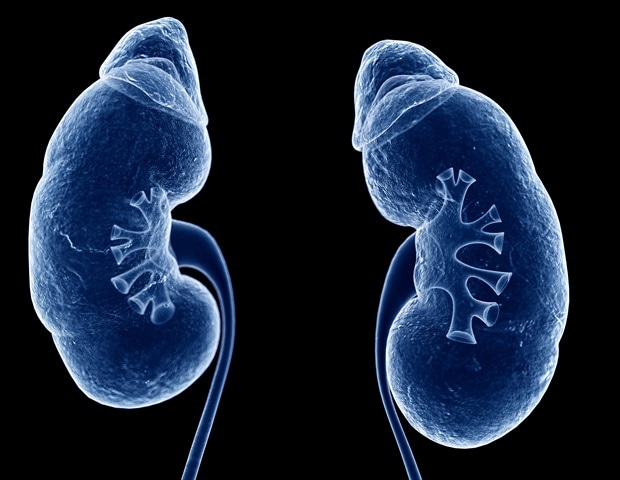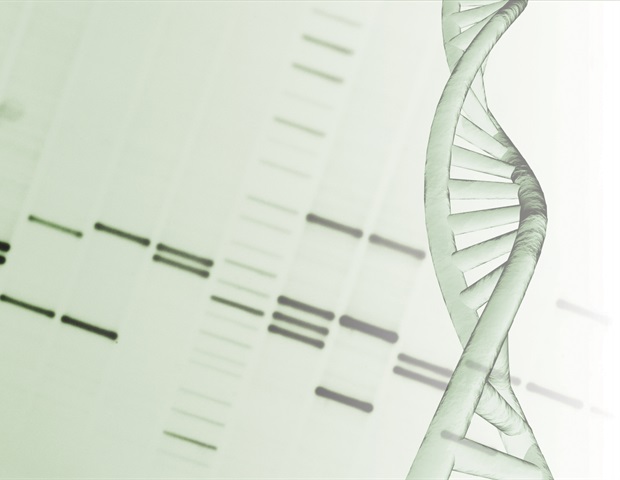


Withanolides, a class of naturally occurring compounds found in plants, have long been a focus of cancer research due to their ability to inhibit cancer cell...



A loss of salt and body fluid can stimulate kidney regeneration and repair in mice, according to a NIH-funded study led by USC Stem Cell scientist...



Professor Helle Ulrich, Executive Director of the Institute of Molecular Biology (IMB) and professor at Johannes Gutenberg University Mainz (JGU), has been awarded an Advanced Grant...



Researchers have identified a protein called PFDN6 that may play a role in the development and spread of colorectal cancer (CRC). The study, published in [journal...



Drug development is typically slow: the pipeline from basic research discoveries that provide the basis for a new drug to clinical trials to production of a...



Researchers from the University of Missouri School of Medicine found that a targeted gene therapy may make acute myeloid leukemia (AML) more sensitive to chemotherapy, while...



In many cases of malignant melanoma, the effect of targeted treatment is lost over time. A research team from UZH and USZ has now discovered that...



A discovery by researchers at the University of British Columbia promises to improve care for patients with endometrial cancer, the most common gynecologic malignancy. Using artificial...



While the liver is one of the body’s most resilient organs, it is still vulnerable to the ravages of stress and aging, leading to disease, severe...



Researchers from Johns Hopkins Medicine and the National Institutes of Health’s National Institute on Aging say their study of 40 older adults with obesity and insulin...



Using animals to study heart disease doesn’t always translate well to human health outcomes, and human heart cells available for research don’t work outside the human...



A study led by clinician-scientists and scientists from the National Cancer Centre Singapore (NCCS) and A*STAR’s Genome Institute of Singapore (GIS) and funded by the National...